How Women Learned to Speak Up When No One Was Listening
How she spoke up, stood tall, and claimed her place at the table — turning moments of doubt into defining moments of strength and leadership.

How she spoke up, stood tall, and claimed her place at the table — turning moments of doubt into defining moments of strength and leadership.

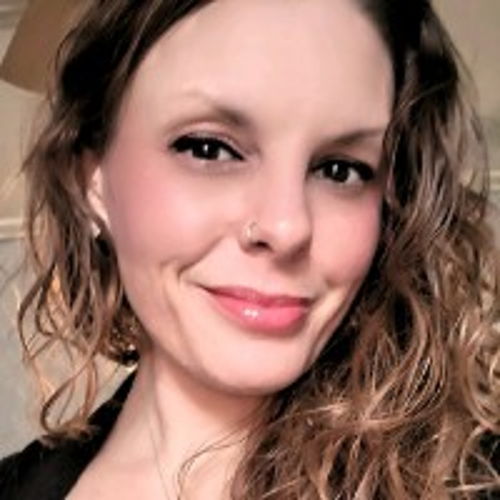
In the moments I felt unseen and unheard, I reminded myself that my voice carried the insight others were searching for. I stopped waiting for permission and chose to speak.

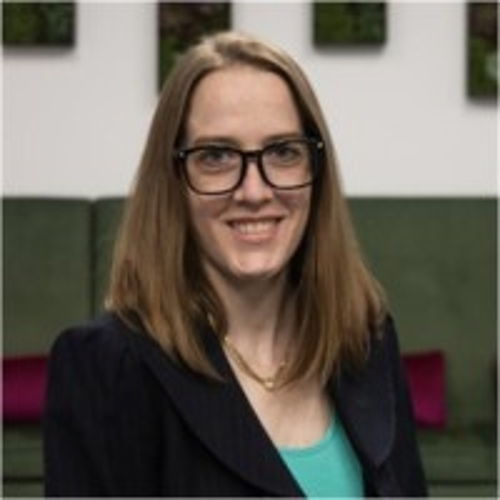
When I feel undermined or ignored, I return to those values and let them guide my next steps. If staying true to them costs me a job, that says more about the employer than me.

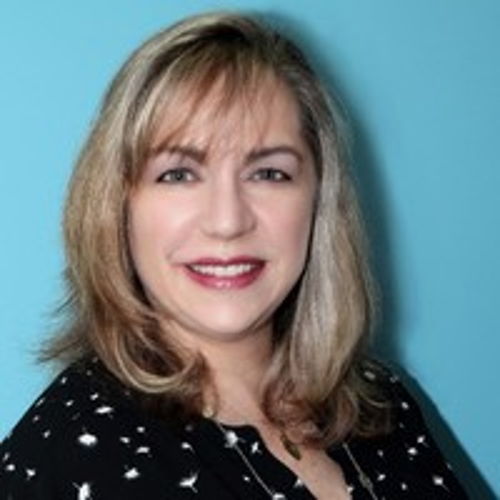
I realized that doubt and fear are not stop signs, but signals that my voice is needed. Speaking up is how we shift the conversation and open the door for others.

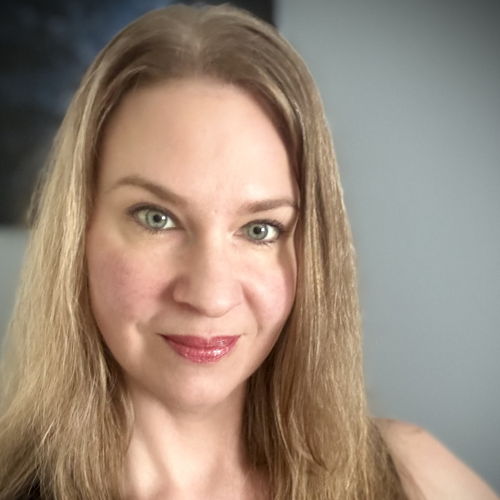
Despite facing unconscious bias, I found strength in my students' words, who recognized my dedication, reminding me of my value. This inspires me to speak up and display my true worth.


In college, I was the only woman, and the only Black person in my gaming club. Everyone doubted me, but I turned that doubt into fuel.

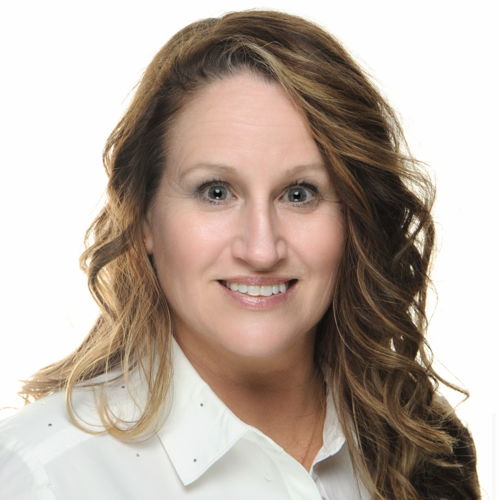
I found my courage by reminding myself that my voice and perspective have value, even when others don’t immediately recognize it.

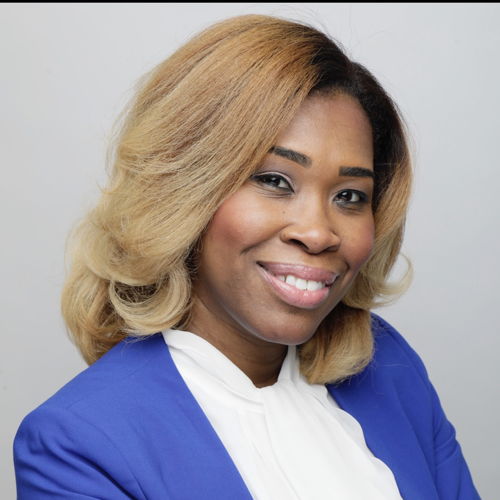
My courage came from preparation and knowledge. When you truly understand your subject matter, you can stand in your confidence and speak with authority, even in spaces where it wasn't always easy to be heard.

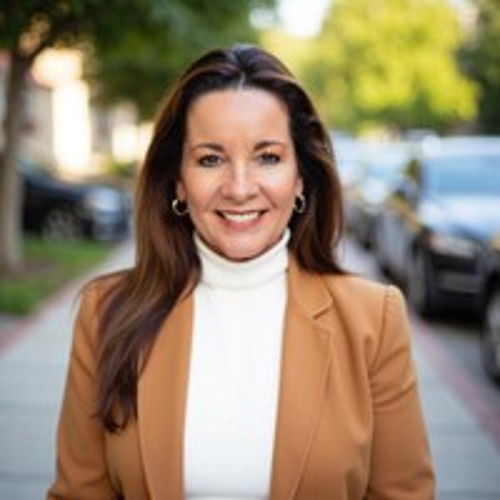
I advocated within the State of Florida to prevent systems from collapsing, but no one listened. I've learned it doesn't matter if they listen or not: speak and live your truth.


The day I stopped waiting for permission to contribute, and started treating every boardroom like a mission briefing where lives depended on clarity, my voice became impossible to ignore.

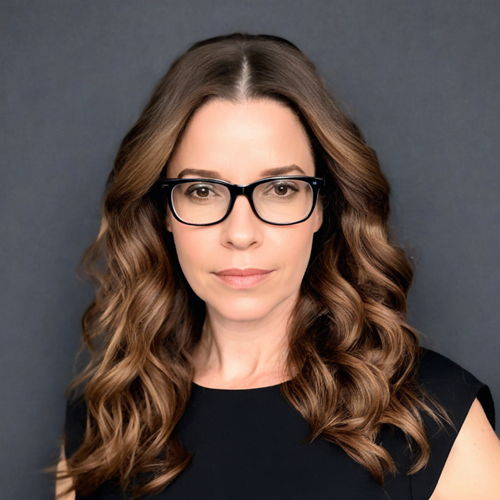
I found courage when I realized that staying quiet meant agreeing. In a major meeting, I spoke up about how a decision would hurt patient retention.

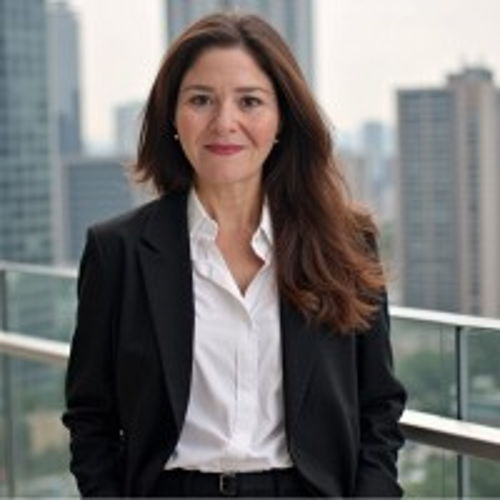
In a room full of surgeons and executives, I didn't wait for permission to speak. I spoke up not for recognition, but because advocating for operational excellence means advocating for better care.

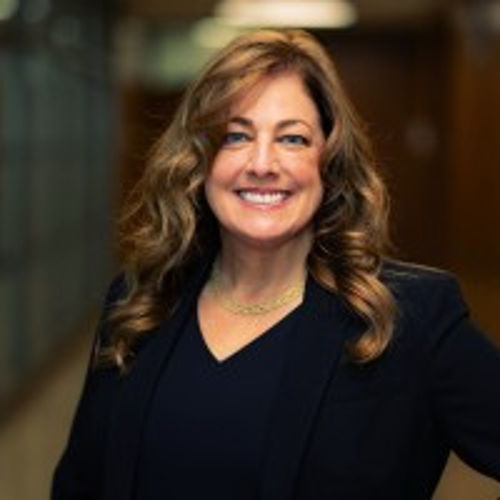
When I feel uncomfortable or challenged, I lean on two lessons from mentors: when you are satisfied, improvement has stopped, and what one person can do, so can another.


I used to feel out of place in certain rooms, hesitant to speak for fear of being judged. Over time, I learned the power of stepping out of my comfort zone and embracing my unique perspective.


I found my courage by reminding myself that my voice carries solutions and perspectives that deserve to be heard. Once I chose to speak with confidence, I claimed my seat.

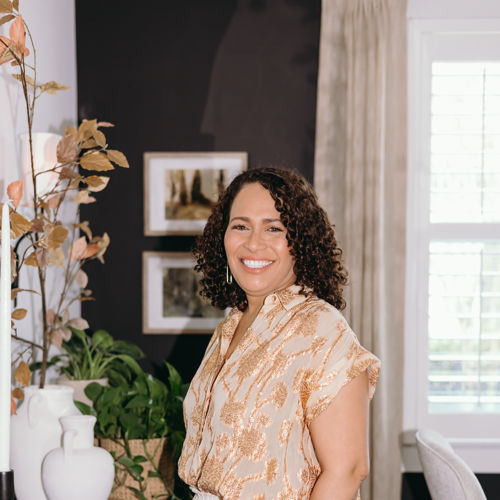
Having found a way to let my voice be heard has resulted in observing others do the same. My advice: it doesn't matter who wants to hear it or gets upset, let your voice be heard.